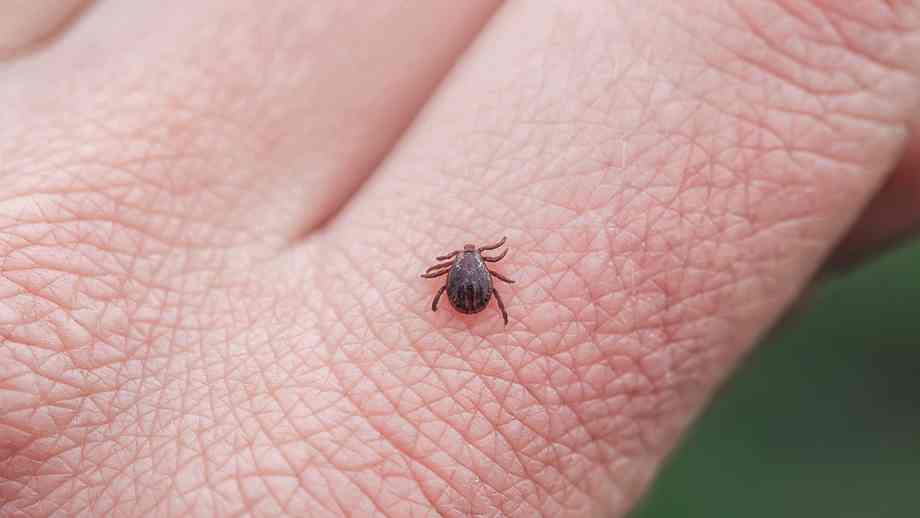
The Omega-3 Alphabet
There are various types of omega-3 fatty acids. The categories present in fish, known as DHA and EPA, have been studied most extensively and seem to have the strongest well being advantages. One other type of omega-3 fatty acid often known as ALA is present in vegetable oils, flaxseed, walnuts, and darkish leafy greens comparable to spinach.

How Omega-3 Fights Illness
It’s thought that omega-3 fatty acids assist struggle illness by decreasing irritation within the blood vessels, joints, and elsewhere. Excessive doses of omega-3 fatty acids additionally decrease the chance for an irregular coronary heart rhythm and scale back unhealthy fat within the bloodstream often known as triglycerides. Furthermore, omega-3 fatty acids can gradual plaque buildup contained in the blood vessels. We should get omega-3 fatty acids from meals or dietary supplements since our our bodies can’t make them.

Omega-3 and Coronary heart Illness
Prescription doses of omega-3s are used to guard the guts after a coronary heart assault. Research have proven fewer coronary heart assaults and fewer coronary heart illness deaths amongst survivors who boosted their ranges of omega-3s. It could additionally shield cognitive skills in folks with coronary heart illness. The American Coronary heart Affiliation recommends 1 gram a day of EPA plus DHA for folks with coronary heart illness. Consuming fish is finest, however your physician would possibly advocate a fish oil capsule.

Omega-3 and Arrhythmias
Omega-3s appear to scale back the chance of irregular coronary heart rhythms (arrhythmias) that may be life-threatening. Widespread sources of omega-3s embrace fish, walnuts, broccoli, and inexperienced soybeans steamed and served within the pod (edamame).

Omega-3 and Triglycerides
Omega-3s can decrease your triglycerides, a blood fats that is linked to coronary heart illness. Speak along with your physician earlier than taking omega-3 dietary supplements, as a result of some sorts could make your “dangerous” ldl cholesterol worse. You can too convey down triglyceride ranges with train, by consuming much less alcohol, and chopping again on sweets and refined carbohydrates.
Speak along with your physician earlier than taking omega-3 dietary supplements.

Omega-3 and Excessive Blood Stress
Omega-3s can decrease blood stress, though the impact appears to be small. One dietary technique is to interchange crimson meat with fish throughout some meals. Nevertheless it’s finest to keep away from salty fish, comparable to smoked salmon.
For hypertension your physician could recommend common train, drugs, and limiting salt.

Omega-3 and Stroke
The proof is combined on whether or not omega-3 dietary supplements might help forestall strokes. Nonetheless, omega-3 fatty acids have been proven to stop plaque buildup inside blood vessels. Research recommend that at excessive doses, omega-3 dietary supplements would possibly increase the chance of the much less widespread kind of stroke that entails bleeding within the mind.

Omega-3 and Rheumatoid Arthritis
Research recommend omega-3s can enhance joint signs comparable to ache and stiffness from rheumatoid arthritis. Moreover, a food regimen excessive in omega-3s might also enhance the effectiveness of anti-inflammatory medication.

Omega-3 and Despair
Omega-3 fatty acids could assist to calm temper problems and enhance the effectiveness of antidepressants. Nonetheless, outcomes of research have been combined to this point. Nations with larger ranges of omega-3s within the typical food regimen have decrease ranges of melancholy, though extra research are wanted.

Omega-3 and ADHD
Research recommend omega-3 dietary supplements could enhance the signs of ADHD (consideration deficit hyperactivity dysfunction). Nonetheless, the proof is inconclusive; a dietary complement cannot supply a cure-all for ADHD. Nonetheless, omega-3s could present some added advantages to conventional remedy. We do know omega-3 fatty acids are necessary in mind improvement and performance.

Omega-3 and Dementia
There may be preliminary proof to recommend that omega-3s could shield towards dementia and enhance psychological operate. In a single research, older folks with a food regimen excessive in omega-3 fatty acids had a decrease threat of creating Alzheimer’s illness. Extra analysis is critical to verify the affiliation.

Omega-3 and Most cancers
Extra analysis is required to find out whether or not omega-3s may assist scale back the chance of colon most cancers, breast most cancers, and superior prostate most cancers. The American Most cancers Society recommends a food regimen that features fish, however the group doesn’t endorse omega-3 dietary supplements for most cancers prevention.

Omega-3 and Youngsters
Mother and father be cautious of guarantees that omega-3s have “brain-boosting” powers for youngsters. The Federal Commerce Fee requested complement corporations to cease that declare until they’ll show it scientifically. The American Academy of Pediatrics does advocate that children eat extra fish–if it is not breaded and fried, that’s. Pediatricians additionally warning towards varieties of fish which might be excessive in mercury, comparable to shark, swordfish, king mackerel, and tilefish.

Omega-3: Catch of the Day
The most effective supply of omega-3 fatty acids is fish, although totally different fish have totally different ranges. High decisions are salmon, mackerel, herring, lake trout, sardines, anchovies, and tuna. The American Coronary heart Affiliation recommends a minimum of two servings every week of fish, which is 3.5 ounces of cooked fish or ¾ cup of flaked fish.

Omega-3 and Tuna
Tuna is a staple in many individuals’s pantries and could be a good supply of omega-3 fatty acids. Albacore tuna (typically labeled “white”) has extra omega-3s than canned mild tuna, however it additionally has a better focus of mercury. Totally different tuna species have totally different ranges of omega-3 fatty acids.

Risks of Contaminated Fish
For most individuals, mercury in fish just isn’t a well being concern. However it may be a priority throughout being pregnant and nursing, in addition to within the rising little one. The FDA has this recommendation for pregnant ladies, nursing moms, and younger kids:
- Restrict albacore tuna to six ounces/week.
- Restrict fish decrease in mercury to 12 ounces/week.
- Keep away from shark, swordfish, king mackerel, tilefish.
- Take away pores and skin and fats earlier than cooking fish.

Omega-3 Dietary supplements
When you do not care to eat fish, you should use omega-3 dietary supplements. One gram per day is really useful for folks with coronary heart illness. Ask your physician earlier than beginning, for prime doses can intervene with some medicines or enhance the chance of bleeding. Some folks taking fish oil dietary supplements discover a fishy style and breath.
Learn the label. The quantities of EPA, DHA, and ALA can fluctuate drastically, and that makes the standard of dietary supplements fluctuate drastically as effectively. Once you select your dietary supplements, remember the worldwide really useful pointers: 650mg a day of a mixed combination of EPA and DHA.

Omega-3 for Vegetarians
When you do not eat fish or fish oil, you may get a dose of DHA from algae dietary supplements. Algae that’s commercially produced is mostly thought of secure, although blue-green algae within the wild can include toxins. Vegetarians can also get the ALA model of omega-3 from meals comparable to canola oil, flaxseed, walnuts, broccoli, and spinach. Some meals are fortified with omega-3s.

Avoiding the Omega-3 Hype
It’s now widespread for meals merchandise to boast that they’ve added omega-3s. However the quantity of omega-3s they include could also be minimal, so test the label. They could include the ALA type of omega-3s, which hasn’t but proven the identical well being advantages as EPA and DHA. For a daily dosing of omega-3s, taking fish oil dietary supplements could also be extra dependable.

Omega 6: The Different Wholesome Fats
One other wholesome fats is called omega-6. Omega-6s could shield towards coronary heart illness, particularly when eaten instead of much less wholesome fat. The American Coronary heart Affiliation recommends getting as much as 10% of your complete day by day energy from omega-6 fat. Omega-6 fat are present in vegetable oils and nuts. Most People already get sufficient omega-6s of their diets, because of cooking oils and salad dressings.












